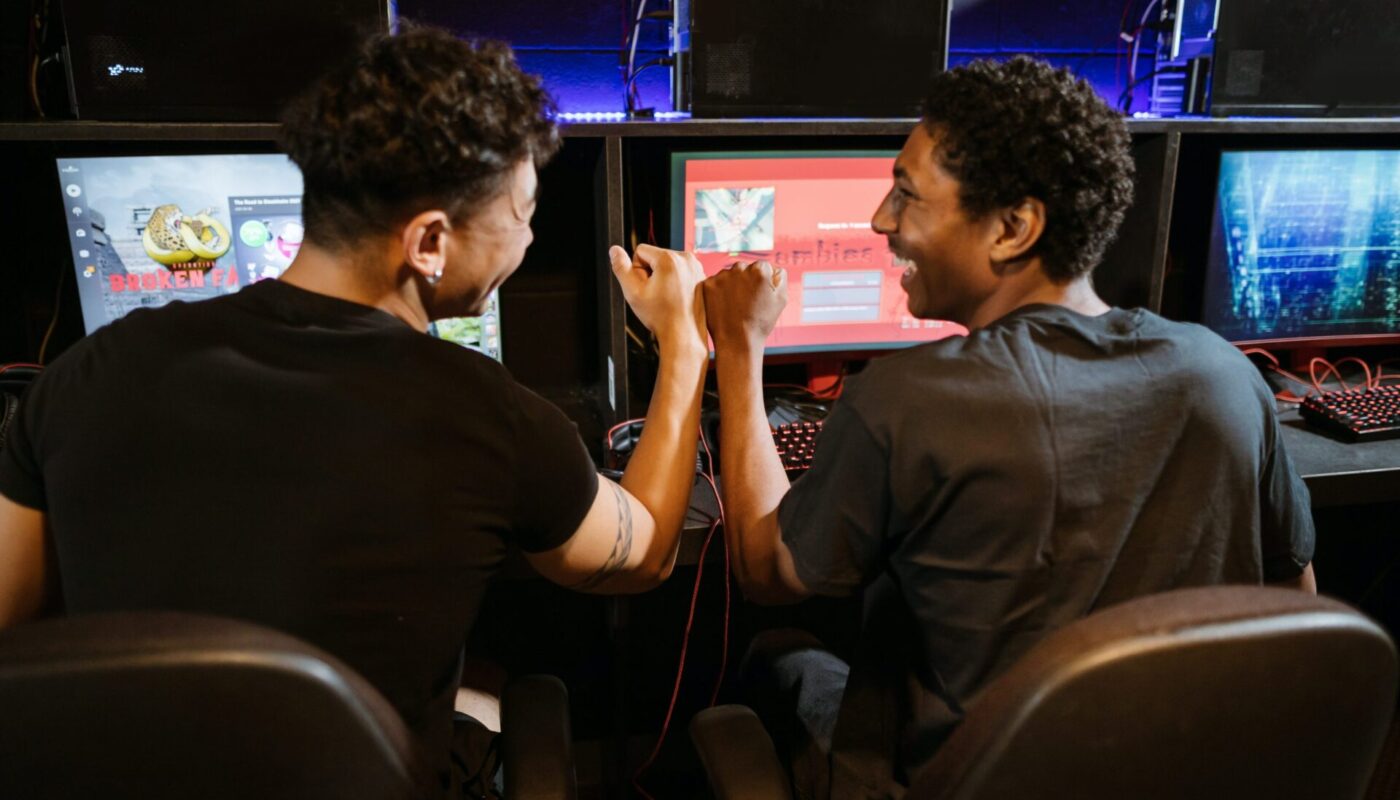Social gaming has significantly evolved over the past decade from simple casual games to complex live multiplayer games. With advancements in technology and widespread internet connectivity, social gaming has seen unprecedented growth and today accounts for a significant portion of the global gaming industry revenues.
– Growth of Mobile Gaming
The proliferation of smartphones has been a major driver of social gaming’s growth. With powerful yet affordable smartphones reaching billions of users worldwide, mobile gaming has taken off in a big way. Casual games that can be played in short sessions are perfect for on-the-go mobile gaming. Popular franchises like Candy Crush and Words With Friends showed the immense potential of social mobile games early on. Today, the majority of social gamers are on their phones and mobile gaming accounts for over 50% of the global gaming market according to market researchers.
– Live Multiplayer Games
Taking social gaming to the next level, live multiplayer online games allow players to directly compete and collaborate with each other in real-time. Massively multiplayer online (MMO) games like Fortnite and PUBG pit 100 players against each other on virtual battlegrounds. Team-based games like Clash of Clans and League of Legends also foster competitive online communities. These games have incredibly engaging gameplay along with strong social elements like guilds/clans, leaderboards, tournaments etc. that keep players coming back for more. Live mobile esports is also rapidly gaining ground, blurring the lines between gaming and traditional sports.
Impact on Gaming Culture
Social Gaming has had a profound transformative impact on mainstream gaming culture and consumer behavior. Some of the key ways are discussed below:
– Broader Appeal and Demographics
By making games more socially interactive and accessible on a range of platforms, social games have attracted a much wider audience beyond the traditional gamer demographic. Estimates suggest that over 2.5 billion people worldwide now interact with games in some form. This has brought gaming into the mainstream shared cultural experiences.
– Monetization Through Microtransactions
Most social games follow the freemium model where the core gameplay is free but optional in-game purchases called microtransactions are used to generate revenue. Colorful virtual items, power-ups, timer skips etc. encourage impulse spending. This has completely changed the traditional paid licensing model and introduced new monetization techniques in gaming.
– Esports and Competitive Gaming
Hugely popular esports tournaments with million dollar prize pools are regularly held for games like Dota 2, League of Legends etc. Individual gamers and teams can now make highly lucrative careers as professional esports athletes. Competitive social games have inspired a whole new category of spectator esports that is increasingly being recognized as a mainstream professional sport.
– Social Renown and Celebrity Status
Top gamers on platforms like YouTube and Twitch have gained rockstar-like social media fame and make millions as influencers. Their massive followers look to them not just for gameplay but also entertainment and life advice. Successful gamers now rival mainstream celebrities in popularity among the digital native generations.
Future Outlook
With its unlimited scale and reach enabled by internet connectivity, social gaming is poised to grow exponentially over the coming decade. Here are some expected developments and trends:
– Augmented and Virtual Reality
As AR/VR technologies mature, completely immersive social gaming worlds and metaverse-like experiences will become a reality. Titles like Pokémon Go have already demonstrated the huge potential of blending gaming with real world interactions.
– Cloud Gaming
Game-streaming services like Xbox Game Pass that don’t require high-end hardware or large downloads will make AAA games instantly accessible across all devices. 5G networks will further enhance on-the-go cloud gaming experiences.
– Blockchain Integration
Blockchain-based play-to-earn models may disrupt the economics of gaming by monetizing players’ time and rewarding them with in-game NFT assets they truly own. This could blur the line between gaming and virtual jobs.
– Social Impact and Well-being
As social connections become more vital, games may integrate wellness features to combat issues like isolation, while fostering real world social impact through collaborative gameplay for social causes.
*Note:
1. Source: Coherent Market Insights, Public sources, Desk research
2. We have leveraged AI tools to mine information and compile it
About Author - Ravina Pandya
Ravina Pandya,a content writer, has a strong foothold in the market research industry. She specializes in writing well-researched articles from different industries, including food and beverages, information and technology, healthcare, chemicals and materials, etc. With an MBA in E-commerce, she has expertise in SEO-optimized content that resonates with industry professionals. LinkedIn Profile


 by
by 


